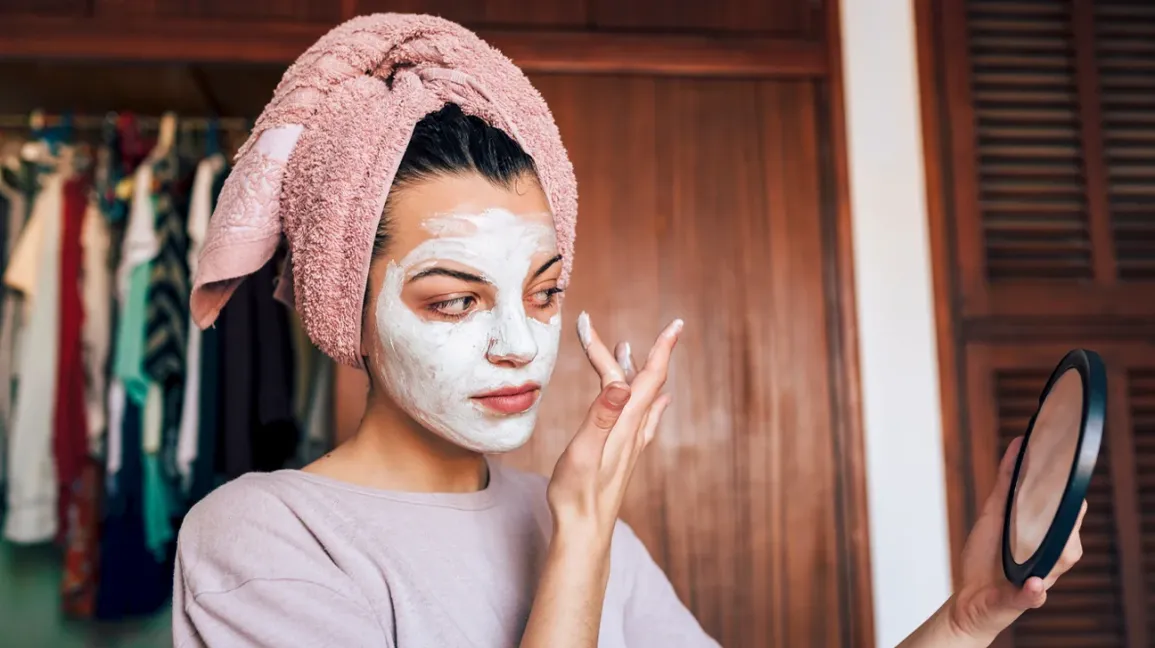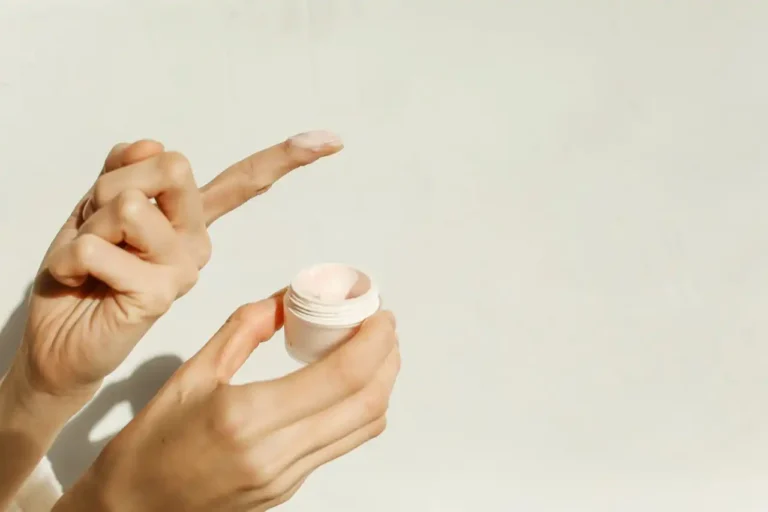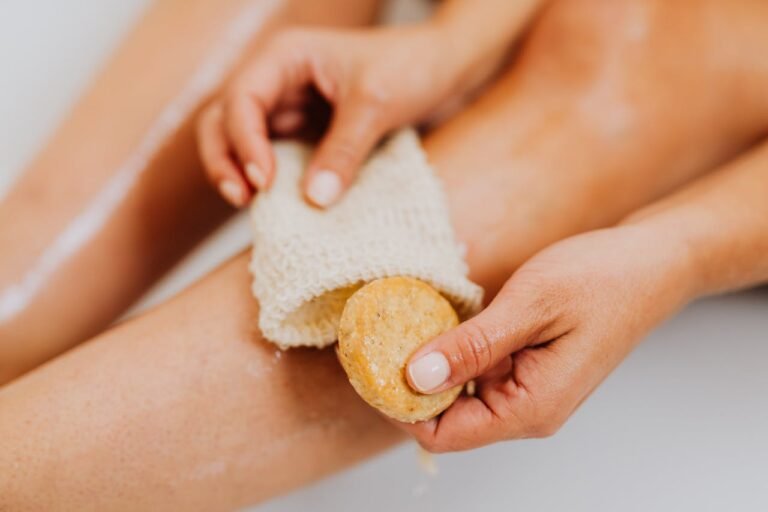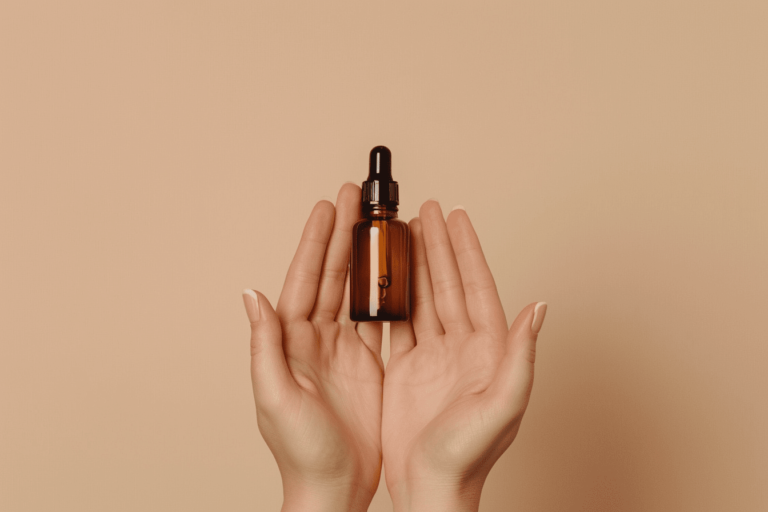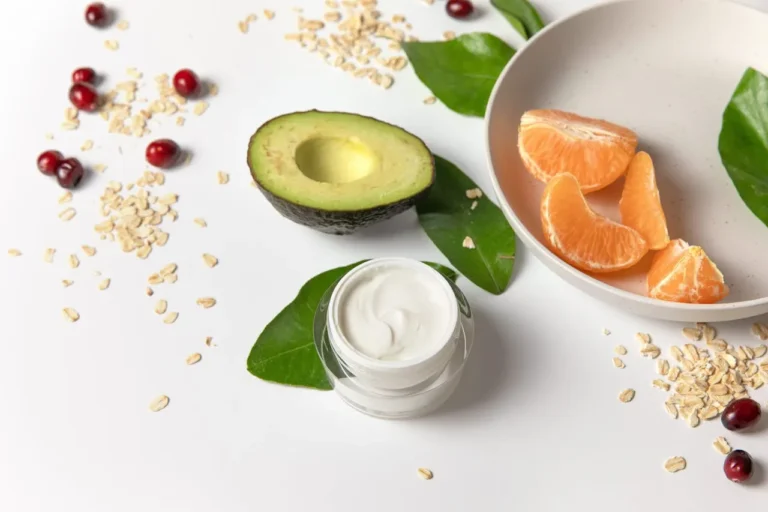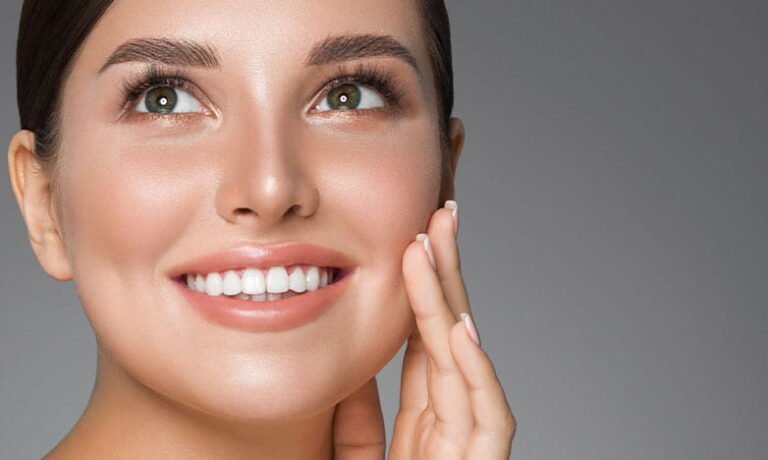Best Acne Treatment For You: Expert Guide
The best acne treatment depends on your skin type and severity of acne. Consult a dermatologist for personalized advice.
Acne affects millions of people worldwide, causing physical and emotional distress. Finding the right treatment can significantly improve your skin and confidence.
Treatments range from topical solutions, like benzoyl peroxide and salicylic acid, to oral medications, such as antibiotics and isotretinoin.

Natural remedies, including tea tree oil and aloe vera, also benefit some individuals. Understanding your skin type and the nature of your acne is crucial for effective treatment. Always consult with a dermatologist to determine the most suitable approach.
This ensures you address your acne concerns safely and effectively. Different treatments work for different people, so professional guidance is essential for optimal results.
Types Of Acne
Choosing the right acne treatment can be confusing. Understanding the different types of acne is key. Acne can be divided into two main categories: non-inflammatory and inflammatory. Knowing the type of acne you have helps you select the best treatment.
Non-inflammatory Acne
Non-inflammatory acne includes blackheads and whiteheads. These are the mildest forms of acne. They are caused by clogged pores but do not cause swelling.
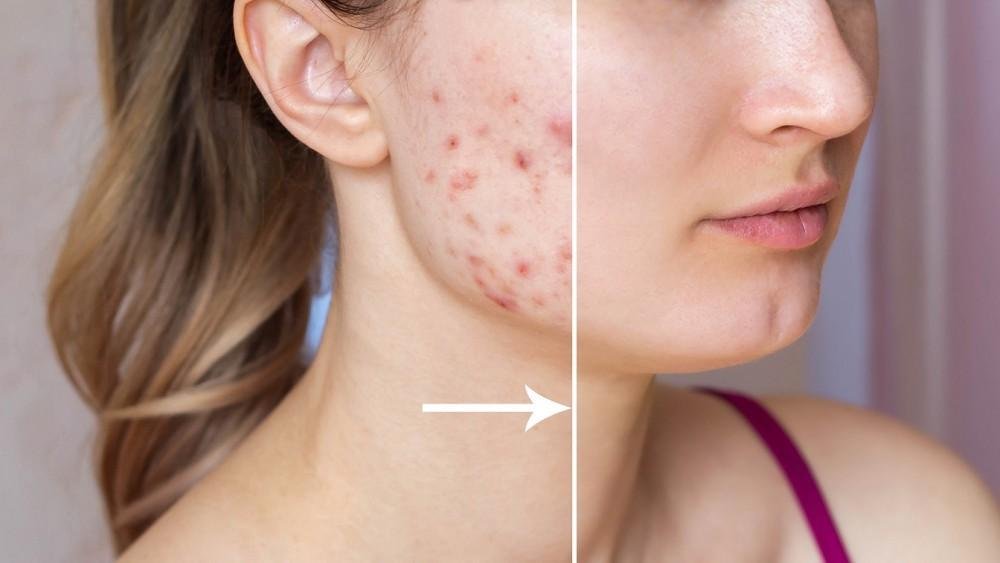
Blackheads: These are open comedones. The surface remains open, and the clogged material darkens due to air exposure.
- Appear as small dark spots
- Not painful
- Common on the nose and forehead
Whiteheads: These are closed comedones. The surface remains closed, trapping the clogged material inside.
- Appear as small white bumps
- Not painful
- Common on the cheeks and chin
Over-the-counter products can treat non-inflammatory acne. Salicylic acid and benzoyl peroxide are effective. These ingredients help unclog pores and reduce oil.
| Treatment | Effectiveness |
|---|---|
| Salicylic Acid | Unclogs pores |
| Benzoyl Peroxide | Reduces oil |
Inflammatory Acne
Inflammatory acne is more severe. It includes papules, pustules, nodules, and cysts. These types are red, swollen, and often painful.
Papules: Small red bumps caused by infected or inflamed follicles.
- Appear as red, tender bumps
- Can be sensitive to touch
- Common on the face and back
Pustules: Similar to papules but filled with pus.
- Appear as red bumps with a white center
- Can be painful
- Often found on the face and chest
Nodules and Cysts are the most severe forms. They are large and deep and can cause scarring.
- Appear as large, painful lumps
- It can be hard to touch
- Common on the face, back, and shoulders
Inflammatory acne often requires prescription treatments. Topical retinoids, antibiotics, and oral medications are common options. These treatments reduce bacteria and inflammation.
| Treatment | Effectiveness |
|---|---|
| Topical Retinoids | Reduce inflammation |
| Antibiotics | Kill bacteria |
| Oral Medications | Control severe acne |

Over-the-counter Treatments
Choosing the right acne treatment can be challenging with so many options available. For many, over-the-counter (OTC) treatments are the first step.
These are easily accessible and can effectively manage mild to moderate acne. Let’s explore some popular OTC treatments, focusing on topical creams, cleansers, and lotions.
Topical Creams
Topical creams are a popular choice for treating acne. They are applied directly to the skin and work by targeting the bacteria and oil production causing acne. Here are some key ingredients to look for in topical creams:
- Benzoyl Peroxide: This ingredient kills the bacteria causing acne and helps remove excess oil and dead skin cells.
- Salicylic Acid: This helps to unclog pores and reduces swelling and redness.
- Retinoids: These help to unclog pores and promote skin cell turnover.
- Alpha Hydroxy Acids (AHAs): These help to remove dead skin cells and reduce inflammation.
Here is a table summarizing the benefits of these ingredients:
| Ingredient | Benefits |
|---|---|
| Benzoyl Peroxide | Kills bacteria, removes excess oil |
| Salicylic Acid | Unclogs pores reduce swelling |
| Retinoids | Unclogs pores reduces swelling |
| Alpha Hydroxy Acids (AHAs) | Removes dead skin cells, reduces inflammation |
Using topical creams regularly can show results in a few weeks. Always follow the instructions on the package and consult with a dermatologist if you experience irritation.
Cleansers And Lotions
Cleansers and lotions are essential for a comprehensive acne treatment routine. These products help to keep the skin clean and hydrated, which is crucial for managing acne. Here are some key points to consider:
- Gentle Cleansers: Use a cleanser with mild ingredients to avoid irritating the skin.
- Non-Comedogenic Lotions: These lotions do not clog pores and help keep the skin hydrated.
- Ingredients to Look For: Look for cleansers and lotions containing ingredients like salicylic acid, benzoyl peroxide, and tea tree oil.

Here is a table summarizing the benefits of key ingredients in cleansers and lotions:
| Ingredient | Benefits |
|---|---|
| Salicylic Acid | A natural antiseptic, reduces inflammation |
| Benzoyl Peroxide | Kills bacteria, reduces oil |
| Tea Tree Oil | A natural antiseptic, it reduces inflammation |
Using a gentle cleanser twice daily can help prevent acne. Follow it up with a non-comedogenic lotion to moisturize your skin without clogging pores. Consistency is key, so stick with your routine for the best results.
Prescription Medications
Struggling with acne can be frustrating. Finding the right treatment can be even more challenging. Prescription medications can offer effective solutions.
Dermatologists often recommend these treatments for their proven results. But which one is best for you? Let’s explore two common prescription options: topical retinoids and oral antibiotics.
Topical Retinoids
Topical retinoids are a popular choice for treating acne. They work by promoting cell turnover and preventing clogged pores. Dermatologists often recommend them for mild to moderate acne.
These medications come in creams, gels, and lotions. Some common options include:
- Tretinoin (Retin-A)
- Adapalene (Differin)
- Tazarotene (Tazorac)
Topical retinoids can cause some side effects, such as:
- Dryness
- Redness
- Peeling
It’s essential to start slowly and use a moisturizer to manage these side effects. Here’s a simple usage guide:
| Step | Action |
|---|---|
| 1 | Cleanse your face |
| 2 | Apply a pea-sized amount of retinoid |
| 3 | Use once daily, preferably at night |
| 4 | Moisturize after application |
Topical retinoids can help reduce acne and improve skin texture. They are a valuable option for many people.
Oral Antibiotics
Oral antibiotics are another effective prescription treatment for acne. They work by reducing inflammation and killing bacteria that cause acne.
Some commonly prescribed oral antibiotics include:
- Doxycycline
- Minocycline
- Tetracycline
Oral antibiotics are usually taken for a limited time to avoid resistance. Here are some key points to keep in mind:
- Take with food to prevent stomach upset.
- Avoid sun exposure as it can increase sensitivity.
- Follow the prescribed dosage for best results.
Potential side effects of oral antibiotics include:
- Nausea
- Dizziness
- Increased sun sensitivity
Oral antibiotics can be particularly helpful for moderate to severe acne. They are often used in combination with other treatments for maximum effectiveness.
Professional Treatments
Choosing the best acne treatment can be confusing. Professional treatments offer advanced solutions for severe acne issues.

These treatments are often more effective than over-the-counter products. Let’s dive into some professional treatments that can help you achieve clear skin.
Chemical Peels
Chemical peels are a popular professional treatment for acne. They involve applying a chemical solution to the skin, which causes it to exfoliate and eventually peel off.
This process reveals new, smoother skin underneath. Chemical peels can help reduce acne scars, fine lines, and discoloration.
There are different types of chemical peels:
- Superficial peels: These use mild acids like alpha-hydroxy acid. They treat the outer layer of the skin and are good for mild acne.
- Medium peels: These use stronger acids like glycolic or trichloroacetic acid. They penetrate the middle layers of the skin and are effective for moderate acne scars.
- Deep peels: These use strong acids like phenol. They reach the deeper layers of the skin and are used for severe acne scars.
- Reduces acne breakouts
- Improves skin texture
- Lightens dark spots
- Minimizes acne scars
- Redness
- Peeling
- Sensitivity
Consult a dermatologist to determine the best type of peel for your skin.
Laser Therapy
Laser therapy is another effective professional treatment for acne. It uses concentrated light beams to target and destroy acne-causing bacteria. Laser therapy also reduces oil production and minimizes acne scars.
Different types of laser therapy include:
- Blue light therapy: Targets acne-causing bacteria. Good for mild to moderate acne.
- Pulsed light and heat energy therapy: Destroys bacteria and shrinks oil glands. Suitable for moderate acne.
- Diode laser therapy: Targets oil glands in the dermis. Effective for severe acne.
- Reduces acne breakouts
- Minimizes oil production
- Improves skin texture
- Reduces acne scars
- Redness
- Swelling
- Sensitivity
Laser therapy may require multiple sessions for best results. Always consult a dermatologist to see if laser therapy suits your skin type.
Natural Remedies
Choosing the best acne treatment can be daunting. With so many options available, it’s easy to feel overwhelmed. One popular and effective approach is using natural remedies.
These remedies are gentle on the skin and often have fewer side effects. Let’s explore some of the best natural remedies for acne treatment.

Tea Tree Oil
Tea Tree Oil is a powerful natural remedy for acne. Extracted from the leaves of the Melaleuca alternifolia plant, it boasts strong anti-inflammatory and antimicrobial properties, making it highly effective against acne-causing bacteria.
Here are some key benefits of using Tea Tree Oil for acne:
- Reduces Inflammation: Tea Tree Oil helps reduce the swelling and redness associated with acne.
- Combats Bacteria: Its antimicrobial properties fight against acne-causing bacteria, preventing further breakouts.
- Unclogs Pores: It helps in unclogging pores, reducing the chances of future acne.
To use Tea Tree Oil:
- Mix a few drops with a carrier oil like coconut or jojoba oil.
- Apply the mixture to the affected area using a cotton swab.
- Leave it on for a few hours or overnight.
- Rinse with warm water.
It’s important to perform a patch test before using Tea Tree Oil to ensure no allergic reaction occurs. Overuse can cause skin irritation, so use it sparingly.
Aloe Vera
Aloe vera is another excellent natural remedy for acne. Known for its soothing and healing properties, it can significantly improve skin health.
Benefits of using Aloe Vera for acne include:
- Reduces Redness: Aloe Vera helps calm the skin and reduce redness.
- Heals Scars: Its healing properties help in fading acne scars over time.
- Hydrates Skin: Aloe Vera provides moisture without making the skin oily.
To use Aloe Vera:
- Extract fresh gel from an Aloe Vera leaf.
- Apply the gel directly to the affected areas.
- Leave it on for 20-30 minutes.
- Rinse with lukewarm water.
Regular use of Aloe Vera can help maintain clear and healthy skin. It’s also safe for all skin types, making it a versatile option for acne treatment.

Considerations For Sensitive Skin
Choosing the right acne treatment, especially for sensitive skin, can be challenging. Sensitive skin requires extra care and attention to avoid irritation and flare-ups.
When selecting an acne treatment, it’s important to consider gentle products formulated specifically for delicate skin.
Gentle Ingredients
It’s crucial to use acne treatments with gentle ingredients for sensitive skin. These ingredients help clear acne without causing irritation or dryness. Here are some gentle ingredients to look for:
- Salicylic Acid: A beta hydroxy acid that helps to exfoliate the skin and unclog pores.
- Niacinamide: A form of Vitamin B3 that reduces inflammation and redness.
- Green Tea Extract: Known for its anti-inflammatory and antioxidant properties.
- Aloe Vera: Soothes and hydrates the skin, reducing irritation.
- Chamomile Extract: Calms the skin and reduces redness.
These ingredients are less likely to irritate and are generally well-tolerated by sensitive skin. Salicylic acid, for instance, not only exfoliates but also reduces inflammation, making it ideal for sensitive skin.
Niacinamide is another excellent choice as it strengthens the skin barrier and reduces redness.
Avoiding Irritants
It’s essential to avoid ingredients that can irritate sensitive skin. Common irritants can exacerbate acne and cause more harm than good. Here are some ingredients to avoid:
| Ingredient | Reason to Avoid |
|---|---|
| Alcohol | Dries out the skin and disrupts the skin barrier. |
| Fragrance | It may cause irritation and allergic reactions. |
| Sulfates | Harsh cleansing agents that strip the skin of natural oils. |
| Benzoyl Peroxide | It can cause allergic reactions and irritation. |
| Essential Oils | May cause irritation and allergic reactions. |
Avoiding these irritants helps maintain the skin’s natural balance. Alcohol and sulfates, for example, can strip the skin of its natural oils, leading to dryness and irritation.
While fragrance and essential oils may smell nice, they often cause allergic reactions in sensitive skin.
Combination Therapy
Finding the best acne treatment can be challenging. One effective method is Combination Therapy, which uses multiple treatments to target different causes of acne. It can be more effective than using a single treatment alone.
Let’s explore how a customized approach and consulting a dermatologist can help you achieve clear skin.
Customized Approach
Each person’s skin is unique. A customized approach ensures you get treatments tailored to your skin type and acne severity. Here are some key points:
- Topical Treatments include creams and gels that are applied directly to the skin. They may contain ingredients like benzoyl peroxide or salicylic acid.
- Oral Medications: Pills can help reduce inflammation and bacteria. Common options include antibiotics and birth control pills for women.
- Procedures: Dermatologists may use laser therapy, chemical peels, or drainage and extraction techniques to treat acne.
A combination of these treatments can target different acne causes:
| Treatment Type | Targets |
|---|---|
| Topical Treatments | Surface bacteria, clogged pores |
| Oral Medications | Internal inflammation, hormonal balance |
| Procedures | Deep cysts, severe acne |
A combination of these methods can offer a comprehensive solution. This approach adapts to changing skin needs over time.
Consulting A Dermatologist
Consulting a dermatologist is crucial for effective acne treatment. They provide professional advice and can prescribe medications not available over the counter. Here’s why it’s important:
- Expert Diagnosis: Dermatologists can identify the type of acne and its severity, which helps them choose the right treatment combination.
- Prescription Treatments: They can prescribe stronger medications. These may include oral antibiotics or retinoids.
- Monitoring Progress: Regular check-ups ensure the treatment is working. Adjustments can be made based on your skin’s response.
- Minimizing Side Effects: Dermatologists can help manage any side effects from treatments. This ensures your skin stays healthy.
Here is a brief comparison of over-the-counter and prescription treatments:
| Over-the-Counter | Prescription |
|---|---|
| Low-strength ingredients | High-strength ingredients |
| Limited options | Wide range of treatments |
| Self-diagnosed | Expert diagnosis |
Consulting a dermatologist ensures you get the best possible care for your skin. It can make a significant difference in your acne treatment journey.
Creating A Skincare Routine
Choosing the right acne treatment can be daunting. One of the most critical steps is creating a skincare routine. A consistent routine helps you manage acne effectively. The routine involves cleansing, moisturizing, and sun protection.
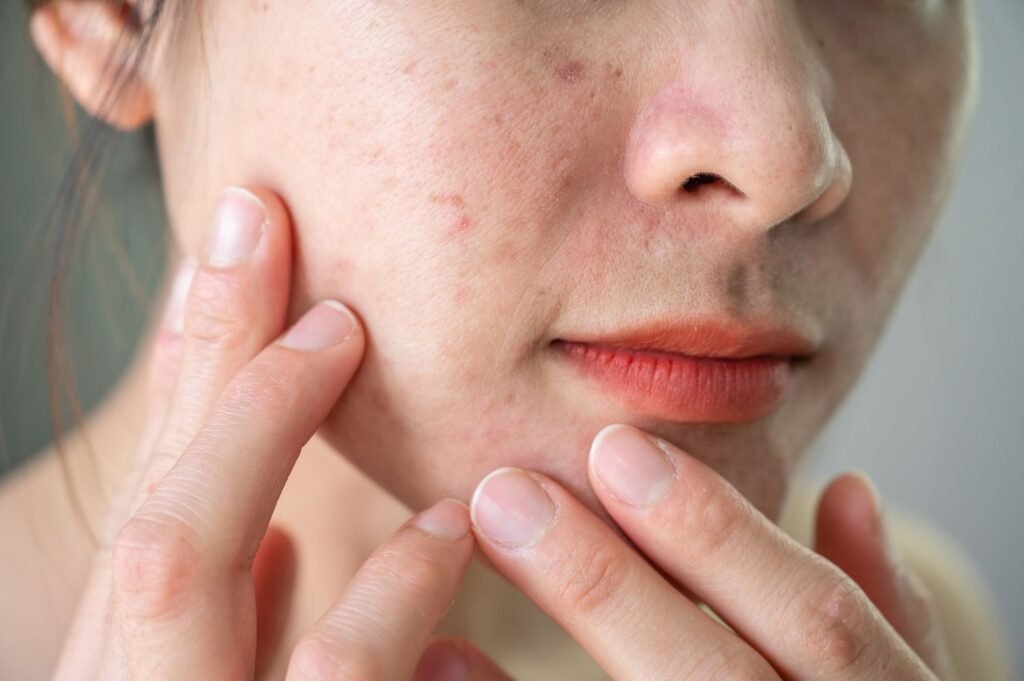
Let’s dive into each component to understand how they contribute to acne management.
Cleansing
Cleansing your face is the first and most crucial step in any skincare routine. It helps remove dirt, oil, and impurities that can clog your pores and lead to acne. Here are some tips for effective cleansing:
- Use a gentle cleanser: Avoid harsh soaps that can strip your skin of its natural oils.
- Wash twice daily: Clean your face in the morning and before bed to remove the day’s grime.
- Use lukewarm water: Hot water can irritate your skin, while cold water may not clean effectively.
- Pat dry: Instead of rubbing your face with a towel, gently pat it dry to avoid irritation.
Choosing the right cleanser is essential. Here is a simple table to help you select based on your skin type:
| Skin Type | Recommended Cleanser |
|---|---|
| Oily Skin | Foaming cleanser |
| Dry Skin | Hydrating cleanser |
| Combination Skin | Gel cleanser |
| Sensitive Skin | Fragrance-free cleanser |
Consistency is key. Stick to your cleansing routine to see the best results.
Moisturizing And Sun Protection
Moisturizing is vital even if you have oily skin. A good moisturizer helps balance your skin’s oil production. For acne-prone skin, look for these features in a moisturizer:
- Non-comedogenic: These products do not clog pores.
- Oil-free: Helps prevent excess oil on your face.
- Lightweight formula: Feels comfortable and doesn’t add extra weight to your skin.
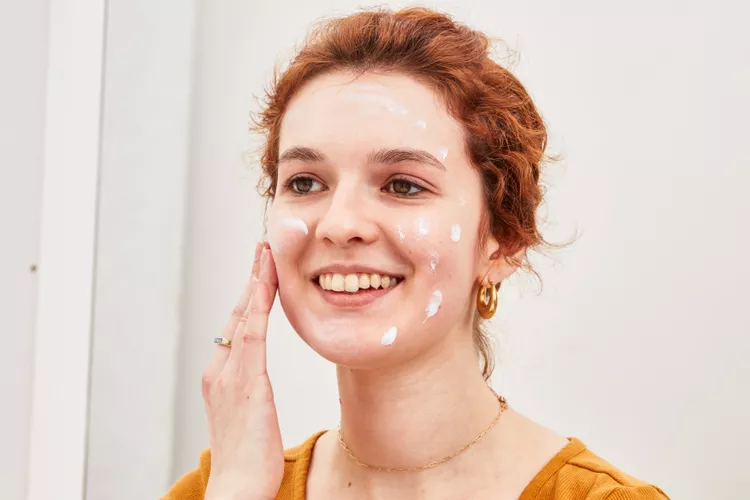
Sun protection is equally important. UV rays can worsen acne and cause hyperpigmentation. Here are some tips for choosing the right sunscreen:
- SPF 30 or higher: Provides adequate protection against UV rays.
- Broad-spectrum: Protects against both UVA and UVB rays.
- Non-comedogenic: Ensures it won’t clog your pores.
A combination of proper moisturizing and sun protection can make a significant difference in managing acne. Here’s a simple routine to follow:
- Cleanse your face.
- Apply a lightweight, non-comedogenic moisturizer.
- Finish with a broad-spectrum sunscreen.
Integrating these steps into your daily routine can effectively manage acne and achieve healthier skin.
Frequently Asked Questions
How To Know Which Acne Treatment Is Best For You?
Consult a dermatologist for personalized advice. Consider your skin type, severity of acne, and any allergies. Research products with proven ingredients like benzoyl peroxide or salicylic acid. Test a small area first.
What Do Most Dermatologists Recommend For Acne?
Dermatologists often recommend using benzoyl peroxide, salicylic acid, or retinoids to treat acne. They also suggest prescription medications for severe cases.
What Is The Best Acne Clear Treatment?
The best acne treatment includes benzoyl peroxide, salicylic acid, retinoids, and antibiotics. Consult a dermatologist for personalized advice.
What Is The First Choice Treatment For Acne?
The first choice treatment for acne is topical benzoyl peroxide. It reduces bacteria and prevents clogged pores.
Conclusion
Choosing the best acne treatment depends on your skin type and severity. Consult a dermatologist for personalized advice. Explore options like topical treatments, oral medications, and lifestyle changes. Finding the right solution may take time, but clear skin is achievable.

